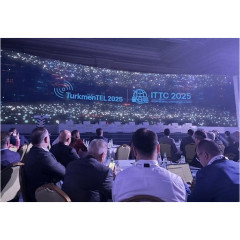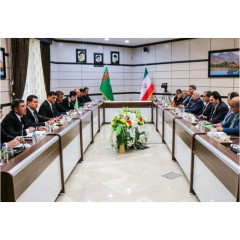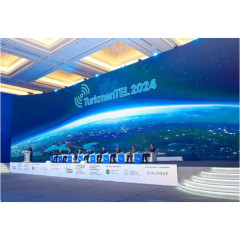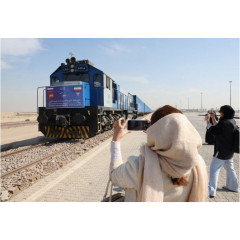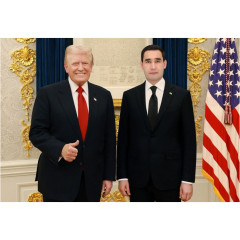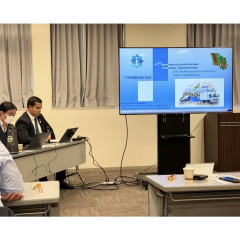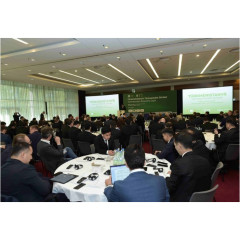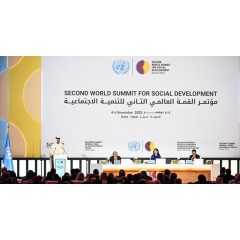

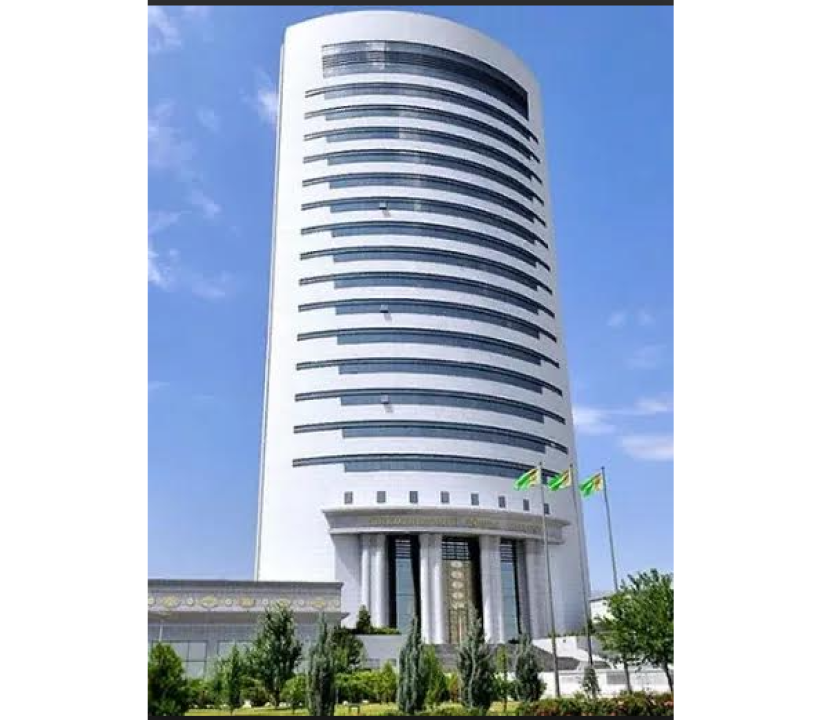
Turkmenistan is engaged in large-scale programmatic activities aimed at further improving and modernizing its trade system. The goal is to bring high-quality, environmentally friendly, and competitive textile and carpet products, along with various goods from private manufacturers, to global markets, and to foster mutually beneficial cooperation, as reported by TDH.
For example, extensive work is currently underway to implement a barcode system. Tens of thousands of domestically produced goods have been assigned appropriate markings. Turkmenistan's accession to the GSI ("Global Standard") system reflects the country's recognition as a reliable and responsible participant in international trade and economic partnerships.
Given the growing production volumes and demand for high-quality Turkmen goods, the introduction of product barcoding opens new opportunities for developing trade and economic relations, diversifying export supplies, and expanding their range.
Since the transition to a market economy, commodity exchanges have begun to develop as a form of trade in Turkmenistan.
By analyzing factors influencing the import and export of products, the State Commodity and Raw Materials Exchange of Turkmenistan (SCRMET) assesses the feasibility of import and export in the country and controls pricing for Turkmen export goods.
Studying advanced international practices, SCRMET carries out its functions in accordance with the tasks set by the country's President for the further development of the commodity market, stimulation of foreign trade operations, and increasing export volumes to integrate Turkmenistan into the global economic system. At the same time, the legislation regulating the Exchange's activities is systematically being improved in line with state interests and contemporary requirements.
In the first five months of the current year, SCRMET conducted 124 trading sessions, registering 11,714 contracts.
